Blog

Sometimes hiring practices exclude the best people for the job While working as a DES consultant, I had the opportunity to present a local young man to a company advertising a vacancy. As we spoke, it became clear to me that this jobseeker was capable of meeting the requirements of the job, and I was keen to introduce him to the employer. Unfortunately, the manager chose not to do this because a requirement of the job was that the applicant must have a car and licence. The unnecessary barrier Neither were to be used in the role, but the manager had decided that based on the location and hours of operation, as well as previous experience of staff ringing in saying they could not get to work, that all future applicants would need a car and licence. I attempted to explain that the jobseeker had an account with the local taxi company and would likely be more reliable than someone with a car, as he would never run out of fuel or be subject to maintenance issues. But the manager was adamant: no car, no job! The issue with rigid hiring practices This is exactly the type of rigid hiring practice that people with disabilities face every time they apply for a position: so-called ‘essential elements’ that really have nothing to do with the role at all. Rigid start times are another issue, as people who are able to catch a bus then take a bit longer to walk to the business location and might end up 5 minutes late each day. The impact on jobseekers That young man went away asking himself, "What more do I have to do?" He was well-suited, well-capable, and well-qualified. He lived locally, was available for all shifts, was keen to work, and had a super attitude. He was able to fill in for other staff with 30 minutes' notice but did not get an interview for a vacant position because he did not have a car. Imagine being in his shoes, knowing you have the skills and the drive, but being turned away because of a requirement that has nothing to do with your ability to perform the job. Rethinking hiring practices Are your company’s hiring practices so rigid that you are eliminating the best people before you even meet them? It's time to rethink these practices to ensure you're not missing out on top talent. Here are some key strategies to consider: 1. Assess job requirements: Review the requirements for each role to ensure they are truly essential. Remove any unnecessary barriers that may exclude capable candidates. 2. Flexible start times: Consider offering flexible start times to accommodate those who rely on public transportation. 3. Alternative transportation options: Recognise that not all candidates will have a car. Provide options such as taxi accounts, ride-sharing, or public transport stipends. 4. Focus on skills and attitude: Prioritise the skills, attitude, and potential of candidates over rigid requirements that do not directly impact job performance. Conclusion Rigid hiring practices can prevent you from meeting highly capable individuals who could greatly contribute to your organisation. By re-evaluating and updating these practices, you can create a more inclusive environment that attracts top talent. Contact me today to arrange a free 1-hour policy and practice check-up. Let’s work together to ensure your company’s hiring practices are truly inclusive. #InclusiveHiring #DiversityAndInclusion #WorkplaceEquity #DisabilityInclusion #FlexibleWork #HR #PolicyChange #EmploymentSupport #Leadership #TalentManagement







